This year, from sundown Saturday, August 6 to Sunday, August 7, we observe the Jewish holiday of Tisha B’Av. Tisha B’Av, which literally translates to the 9th day of the Hebrew month of Av, is a commemoration of a number of tragedies in Jewish history, predominantly the destruction of the Holy Temple in Jerusalem. It is a day of intense mourning and sorrow, perhaps the saddest of all days in the Hebrew calendar.
While it may seem peculiar and even unconstructive to dedicate a day to sadness, it can actually be quite a beneficial practice. “Mourning and grief are natural parts of human life,” says Esti Klein of The Blue Dove Foundation, a nonprofit that addresses mental illness in the Jewish community and beyond. “It is important, however, to realize there are different ways to mourn, and some are healthier for your mental wellness than others.”
What can we do to improve mental wellbeing in our communities? “A lot of it starts with our neighbors,” says Hive member Colin Walsh of Walsh Science, which joins together clinicians, technologists, designers, programmers, nurses, and experts across various other professions to translate healthcare data into preventative action through the use of technology-based approaches. “By finding communities that enrich us. We all have our bubbles that we live in, which can be a good thing, but building bridges across these bubbles can take us very far,” he continues.
Klein demonstrates the ways in which Tisha B’Av lends a framework for healthy mourning practices:
- Having a dedicated day to grieve. Carving out time to fully feel and experience grief not only recognizes it as a valid emotion, but also contains it in a controlled and dedicated environment. Through this “active grieving,” we can accept our pain in a healthy way without becoming unable to perform our day-to-day duties, while uncontrolled “ineffective grieving” may impair our choices and logic, and which can lead to unhealthy behaviors.
- Spiritual connection. While this angle may not be helpful for everyone, many have found it beneficial to connect to a higher purpose to help make sense of and give meaning to struggles. Emotions can often be put into perspective when they are seen through a broader lens.
- Coming together as a community. Having a community to grieve with can help alleviate the impact of grief. In community we can find a warm and supportive environment where experiences are mutually validated. Voicing our grief to others who understand can feel like the release we needed. Walsh also stresses the importance of community in mental health.
Tisha B’Av allows us a dedicated space to feel and process difficult emotions. Through commemorating the destruction of the Holy Temple in Jerusalem, the very heart of ancient Jewish life, we can face other areas where we’ve experienced loss.
Mourning is a necessary component of the healing process, and though many of us may be tempted to avoid difficult feelings, we often cannot move forward without honoring and recognizing them. Jewish ritual has always understood this, as is demonstrated brilliantly in the ritual of shiva. Shiva is a carefully ritualized structure for dealing with grief after the death of a loved one. It begins right after burial and continues for seven days. During the week of shiva, friends and relatives visit and comfort the family of the deceased. Encouraging the open expression of sorrow, shiva allows families to share their pain, but also to trade stories and memories of the person they’ve lost. Through supported grief exploration, the process leads the bereaved gently back to life.
The supportive and proactive elements of shiva can also be applied on a larger, more societal scale. Events in recent years have had devastating effects on many communities, and we have often found ourselves angry and grieving as a society, nation, and world, even at times where we aren’t directly affected as individuals.
Tisha B’Av, at its core, is a fundamental lesson in empathy; by actively feeling a type of grief that transcends personal loss, we in turn expand our capacity for universal compassion. Jewish communities throughout history know what it’s like to experience displacement, violence, and the loss of rights. When we combine the empathy of Tisha B’Av and this historical experience of cruelty with the Jewish principle of tikkun olam (“world repair”), it compels us to act. In recent years, Jewish organizations have begun adapting the holiday of Tisha B’Av into a day of action, working toward a world where no one has to fear the destruction of their figurative temple.
In the spirit of the connection between constructive mourning and mental wellness, we have compiled suggestions for giving time and resources to expand vital mental health services locally. These organizations are vetted grantee partners of Leichtag Foundation with exceptional teams and programs.
North County Lifeline provides behavioral health programs for youth in crisis, especially those in low-income and underserved populations. Donate here and find volunteer opportunities here.
Jewish Family Service facilitates a bereavement group for those who have lost a loved one to explore the grief process together in a safe and supportive environment. Donate here and find volunteer opportunities here.
Interfaith Community Services offers a variety of mental health and addiction recovery services to those in their complementary housing and social service programs. Donate here and find volunteer opportunities here.
Events and Education
Join Interfaith Community Services at their upcoming, free Inaugural Mental Health Festival with compelling speakers and meaningful activities on Saturday, September 10
In addition to the giving opportunities, here is a new, free, and necessary resource about which we should all be aware.
988 Suicide & Crisis Hotline
Modeled after 911, the new three-digit 988 Suicide & Crisis Lifeline is designed to be a quick and memorable number that connects people who are suicidal or in any other mental health crisis to a trained mental health professional.
Hanz Enyeart, Program Associate

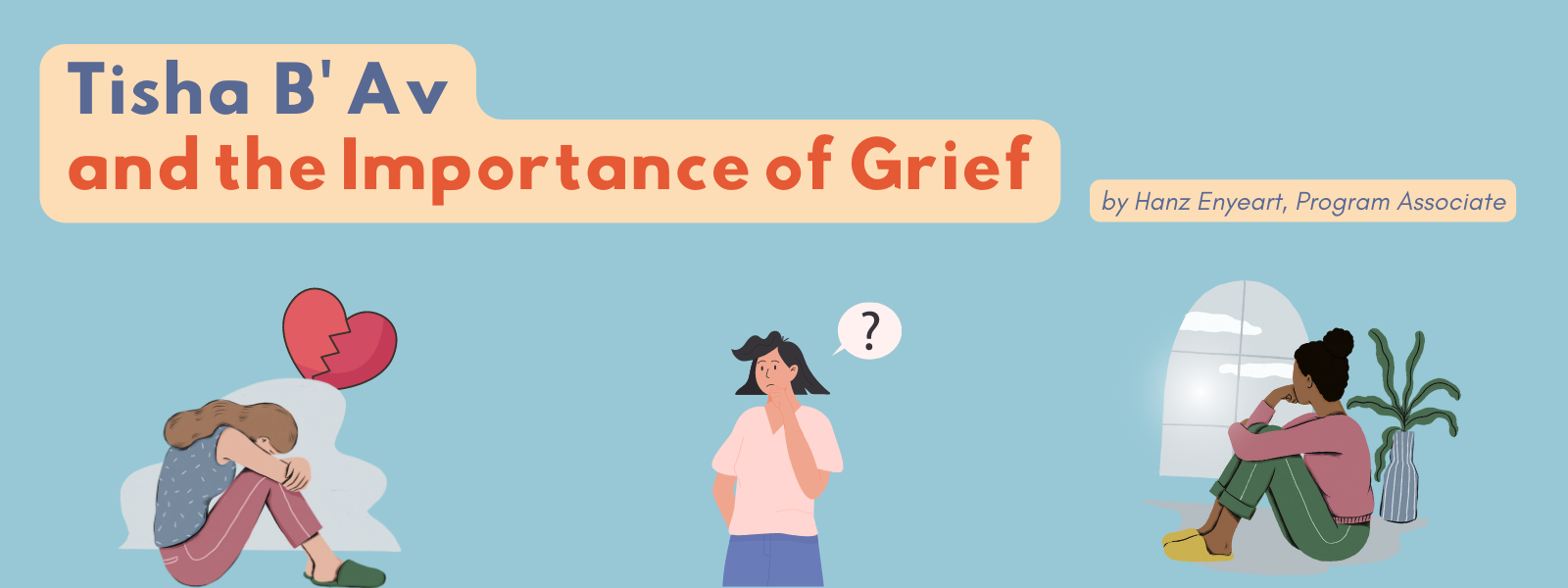
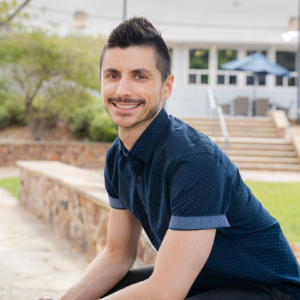




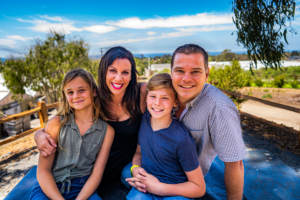
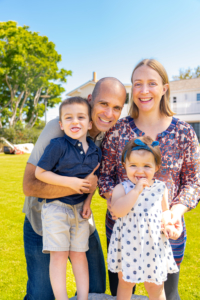 Stacie and Jeff Cook understand commitment. They live it.
Stacie and Jeff Cook understand commitment. They live it.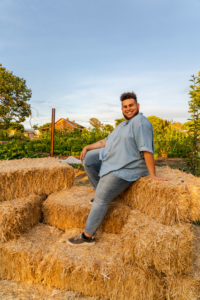 Black, Jewish and Queer. These three identities weave the fabric of who I am, but it took a long time to believe that they could exist together.
Black, Jewish and Queer. These three identities weave the fabric of who I am, but it took a long time to believe that they could exist together.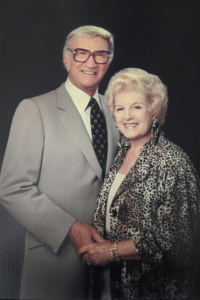 Lee and Toni Leichtag established the Leichtag Foundation in 1991 following the sale of their business. Lee and Toni were lifelong entrepreneurs with a passion for innovation and for supporting talent. They believed that only with big risk comes big reward. Both born to families in poverty, Toni to a single mother, they strongly believed in helping those most in need and most vulnerable in our community. While they supported many causes, their strongest support was for young children and the elderly, two demographics who particularly lack voice in our society.
Lee and Toni Leichtag established the Leichtag Foundation in 1991 following the sale of their business. Lee and Toni were lifelong entrepreneurs with a passion for innovation and for supporting talent. They believed that only with big risk comes big reward. Both born to families in poverty, Toni to a single mother, they strongly believed in helping those most in need and most vulnerable in our community. While they supported many causes, their strongest support was for young children and the elderly, two demographics who particularly lack voice in our society. Lifelong Baltimoreans, Rabbi George and Alison Wielechowski and their sons, 11-year-old Lennon and 9-year-old Gideon, are more than pursuing the good life in Southern California. Having moved to San Diego more than three years ago, they are fulfilling a lifelong dream.
Lifelong Baltimoreans, Rabbi George and Alison Wielechowski and their sons, 11-year-old Lennon and 9-year-old Gideon, are more than pursuing the good life in Southern California. Having moved to San Diego more than three years ago, they are fulfilling a lifelong dream.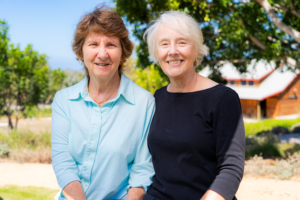

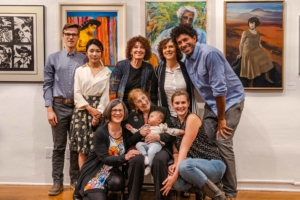
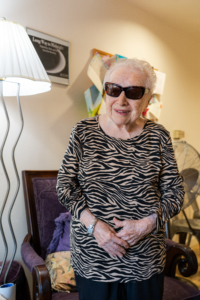
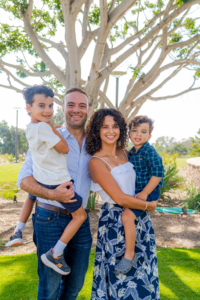
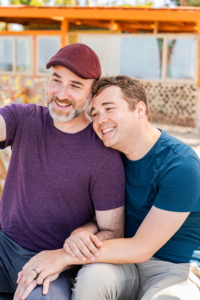
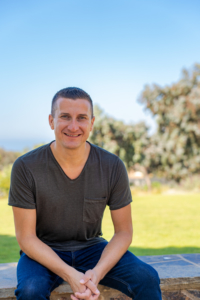 You would think that as the executive director of San Diego LGBT Pride, Fernando Zweifach López Jr., who uses the pronoun they, has done all the coming out they possibly can. A queer, non-binary individual who has worked for many years on civil rights issues, López also speaks openly and often about their father’s family, Mexican-American migrant workers who tilled the fields of rural California.
You would think that as the executive director of San Diego LGBT Pride, Fernando Zweifach López Jr., who uses the pronoun they, has done all the coming out they possibly can. A queer, non-binary individual who has worked for many years on civil rights issues, López also speaks openly and often about their father’s family, Mexican-American migrant workers who tilled the fields of rural California.